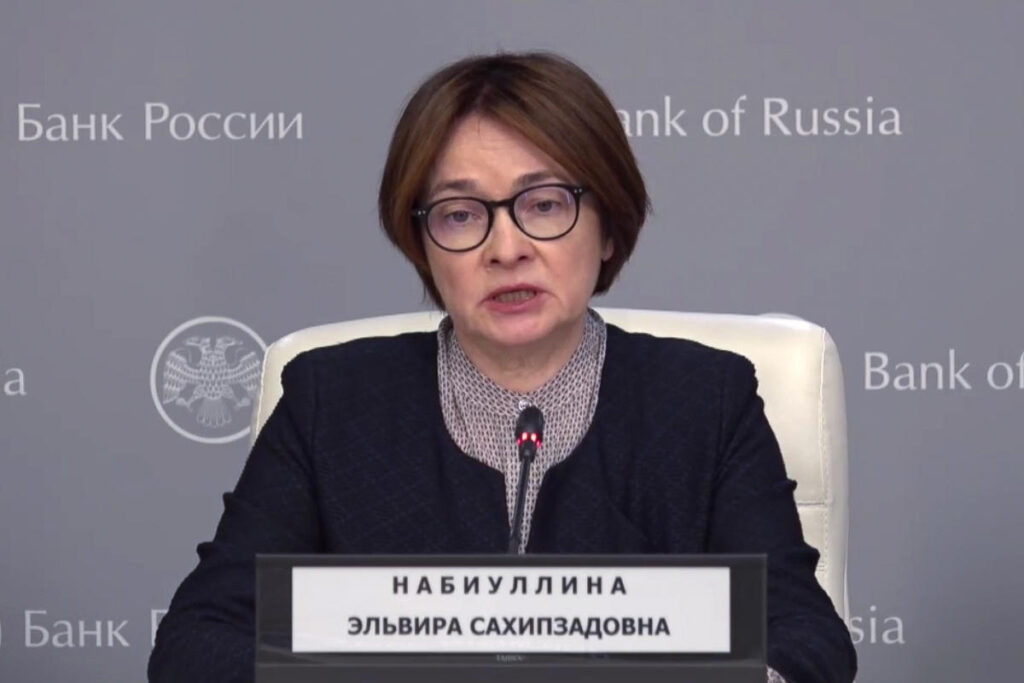MOSCOW (AP) — Russia’s central bank on Friday raised its key interest rate by two percentage points to a record-high 21% in an effort to combat growing inflation as government spending on the military strains the economy’s capacity to produce goods and services and drives up workers’ wages.
The central bank said in a statement that “growth in domestic demand is still significantly outstripping the capabilities to expand the supply of goods and services.” Inflation, the statement said, “is running considerably above the Bank of Russia’s July forecast,” and “inflation expectations continue to increase.” It held out the prospect of more rate increases in December.
Russia’s economy continues to show growth as a result of continuing oil export revenues and government spending on goods, including for the military. One result is inflation, which the central bank has tried to combat with higher rates that make it more expensive to borrow and spend on goods, in theory relieving pressure on prices.
This is the highest key interest rate in Russia since it was introduced in 2013 and effectively replaced the refinancing rate, a similar instrument. The previous high was in February 2022, when the central bank raised the rates to a then-unprecedented 20% in a desperate bid to shore up the ruble in response to crippling sanctions that came after the Kremlin sent troops into Ukraine.
Russia’s economy grew 4.4% in the second quarter of 2024, with unemployment low at 2.4%. Factories are largely running at full speed, in many cases to produce items that the military can use, such as vehicles and clothing. In other cases, domestic producers are filling gaps left by imports from abroad that have been interrupted by sanctions or by foreign companies’ decisions to stop doing business in Russia.
Government revenues are supported by economic growth and by continuing exports of oil and gas with less-than-airtight sanctions and a $60 price cap imposed by Western governments on Russia oil. The cap is enforced by barring Western insurers and shippers from handling oil priced over the cap. But Russia has been able to evade the price cap by lining up its own fleet of tankers without Western insurance, and it earned some $17 billion in oil revenues in July.
Read the full article here
